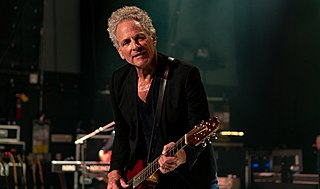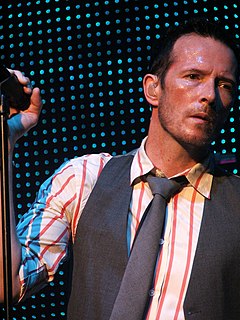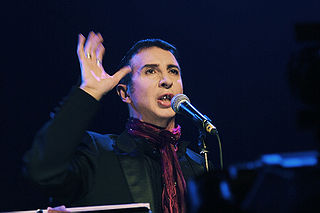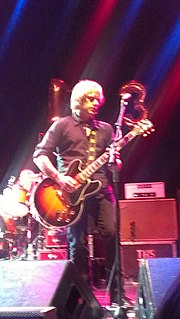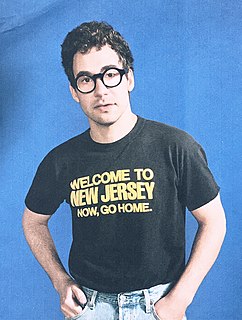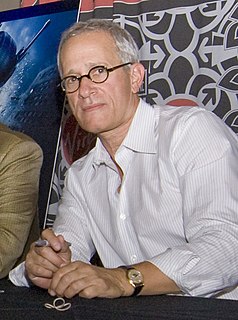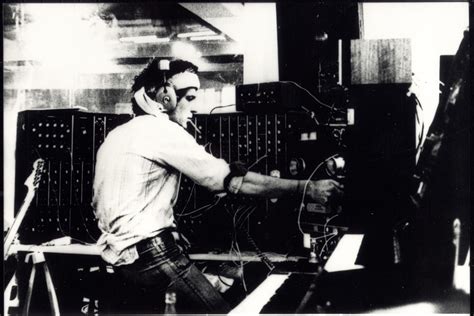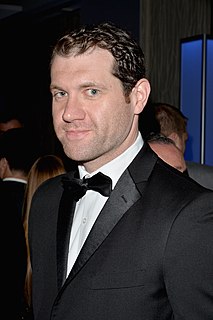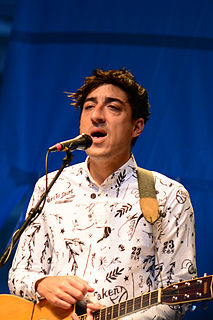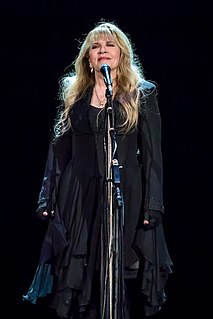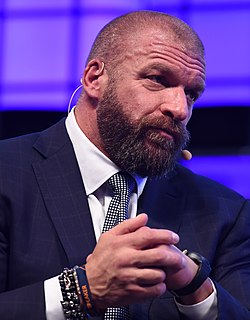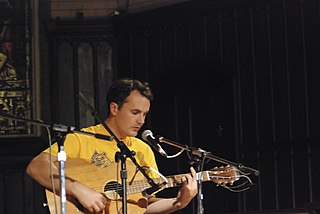A Quote by Lindsey Buckingham
If you look at the whole time I was in the band, I only did, like, three solo albums - two, really. 'Out Of The Cradle,' I had already left because we'd done 'Tango In The Night,' and it was sort of the logical extension of crazy in terms of everyone getting ready to hit the wall with their habits.
Related Quotes
When I formed the band and created the Wildabouts with my friends, we decided we wanted to make a band-sounding album, a rock-sounding album. I made two solo albums before that were more experimental albums, and I think that they didn't really resonate with my fan base because they were too out-there, too artsy.
That solo on "Lord, I'm Discouraged" in terms of notes it isn't anything like it, but in terms of aesthetic, it's direct rip-off from the "November Rain" solo. In fact, when I did it, I imagined myself walking out of a church, walking out onto a cliff and doing a guitar solo. Slash has always been one of my favorites because the guy uses a lot of melody in his solos.
It was really executed well, from the art direction to the wardrobe to everyone else. And I have to say, two really exceptional directors who did three each. Roxann [Dawson] did the first three and Jeremy [Webb] did the second three. And I think they really were very meticulous in getting the right tone because it is both. It isn't dour and it isn't grim, but it's not a romp either. It's truthful and it has room for both of those things.
The late '90s were a really bad time for people trying to be rock stars, you know what I mean? It seemed like everyone was a one-hit wonder on the radio. We had friends who had a hit single on the radio and sold 500,000 records, and then they couldn't get arrested a year later. I had this feeling at the time that that was not possible anymore, so the idea of becoming the biggest band in the country—it seemed laughable. I felt that having those sort of ambitions was foolish, because there was no way that was going to be possible. If you saw it that way, you were just deluding yourself.
I felt I had nothing more to say. Everything would have had to be a replay of the previous two or three albums, and that decided me to stop. What bothered me most was not playing guitar at all anymore. I felt I had no more contact with the instrument. It was just a piece of wood to me. I even thought music had definitely left me. After fourteen albums, there may be an overload phase, a sort of lassitude.
I feel like there's not as many bands anymore. It's more like there's a front-person and a band supporting them, solo-type spirits that have a look, a vibe, a message, a voice and a style. I was talking about it with a journalist in Europe; he was like, "You're a democracy; everyone in the band does stuff." There's not a lot of bands I can think of that still have it so every member of the band has an equal say. I was like, dude, you're right. I can't really think of any right now. There might be one or two leaders in them, but there are not a lot of bands like that anymore.
When you're in a band with three writers, three great writers, you only get one third of the writer thing. So that's the whole reason that I did a solo career. And that's, you know, when I told Fleetwood Mac I was going to do that, they were of course terrified that I would do that record and then that I would quit.
Getting ready to wrestle is like getting ready for a car crash. Getting ready to work with Brock Lesnar is like knowing you're going to get hit by a bus and the bus is going to back over you. If I'm going to work 'WrestleMania,' 16 weeks out I have to start training like I'm Mayweather getting ready for a fight.
